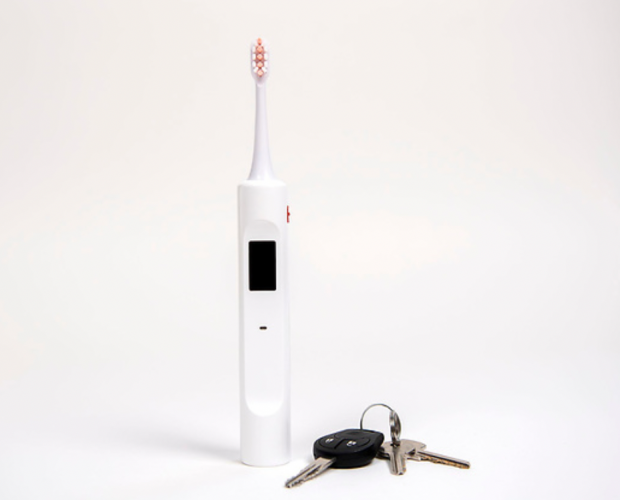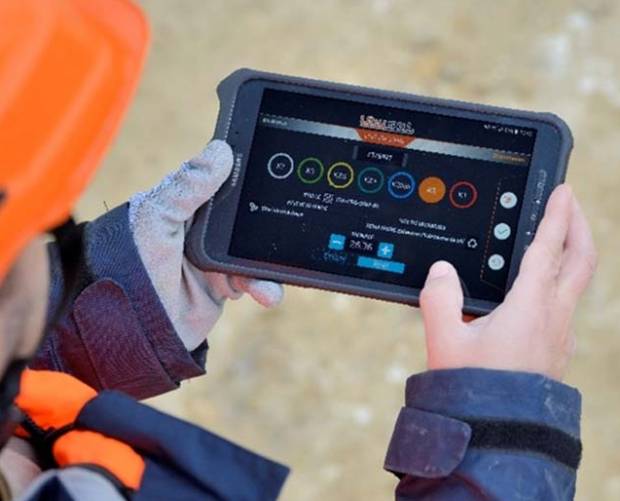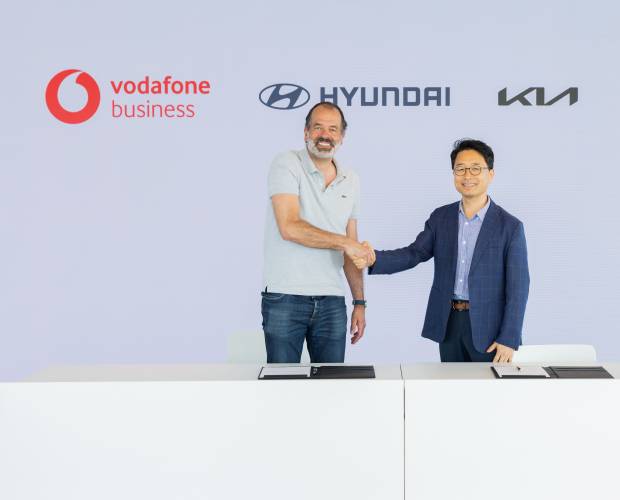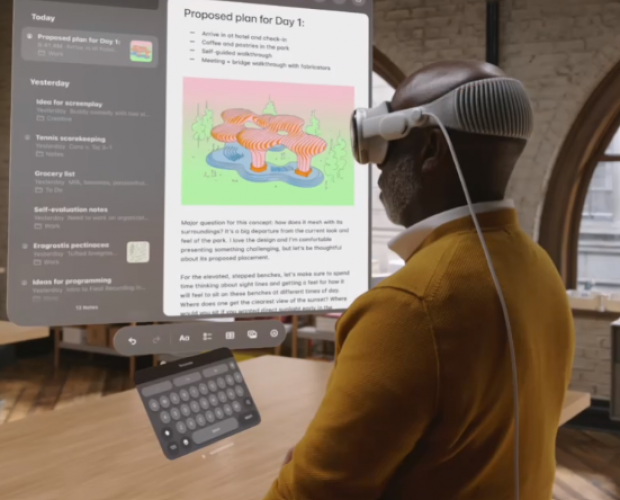Tech Startup Gives Away Self-driving Car Software
- Friday, December 2nd, 2016
- Share this article:
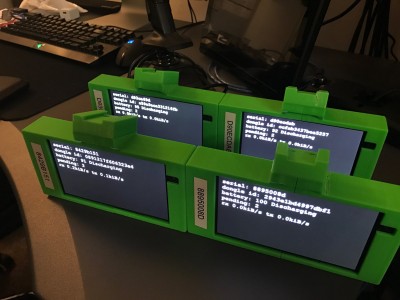
US tech startup Comma.ai recently withdrew its Comma One device, which it claimed could give regular cars limited self-driving capabilities, from sale after being reprimanded by US regulators. Now the company has released the software behind the device to the public for free.
The company had originally planned to start selling its driver assistance device before the end of 2016, but the National Highway Traffic Safety Administration (NHTSA) demanded details on the products technology and safety features, threatening the company with a substantial fine if it did not comply.
George Hotz, the firms founder and a well known hacker who gained fame in Silicon Valley for being the first person to unlock an iPhone, withdrew the product from sale rather than submitting to NHTSAs demands, announcing on Twitter that “The comma one is cancelled. Comma.ai will be exploring other products and markets.”
That was at the end of October. Now the company has distributed the software code and robotics research platform that form the basis of the Comma One for free via code depository GitHub.
The software will currently work on certain Honda Civic and Acura ILX cars, two models that Comma.ai had been using for its test drives. The company also released more than seven hours of highway driving into a dataset that the public can download, as well as an online guide for building the Comma One, which in its current form looks like a smartphone within a 3D-printed case which can be mounted on a cars windscreen.
Hotz has cautioned users that the technology is “alpha quality software” and may require fixes. During a test drive by two Reuters reporters, the device lost connection with vehicle sensors, requiring both the device and the car to be rebooted, and had difficulties steering while merging onto motorways.
In its letter to the company, NHTSA demanded proof that its device would be safe, noting that “it is insufficient to assert, as you do, that your product does not remove any of the drivers responsibilities from the task of driving”.
Comma.ai also received a cease-and-desist notice from Californias Department of Motor Vehicles, but Hotz argued that his technology did not fall under the states permitting requirements because it did not enable cars to become fully autonomous.






